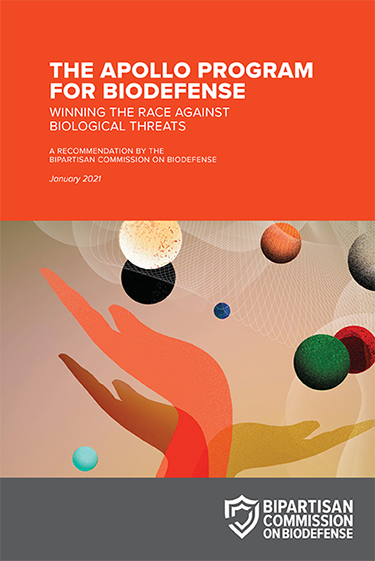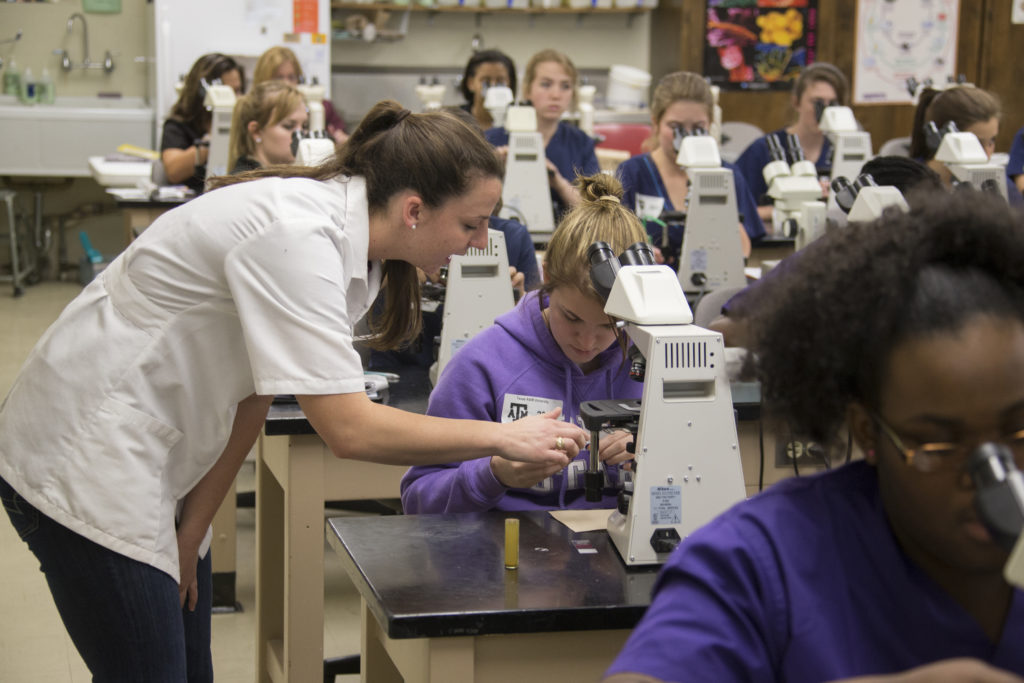
The Bipartisan Commission on Biodefense released a new report in January 2021 recommending a comprehensive investment in the fight to end pandemic threats. The Apollo Program for Biodefense, so-named for the ambitious and successful Apollo 11 mission to put a human on the moon, seeks to end the threat of pandemics by 2030.
The Apollo Program for Biodefense is an ambitious goal-directed program to develop and deploy the technologies needed to defend against all biological threats, empower public health, and prevent pandemics, no matter what the source.
Bipartisan Commission on Biodefense
Texas A&M Global One Health Associate Dean, Dr. Gerald W. Parker, Jr., serves as an Ex Officio member of the Commission.

